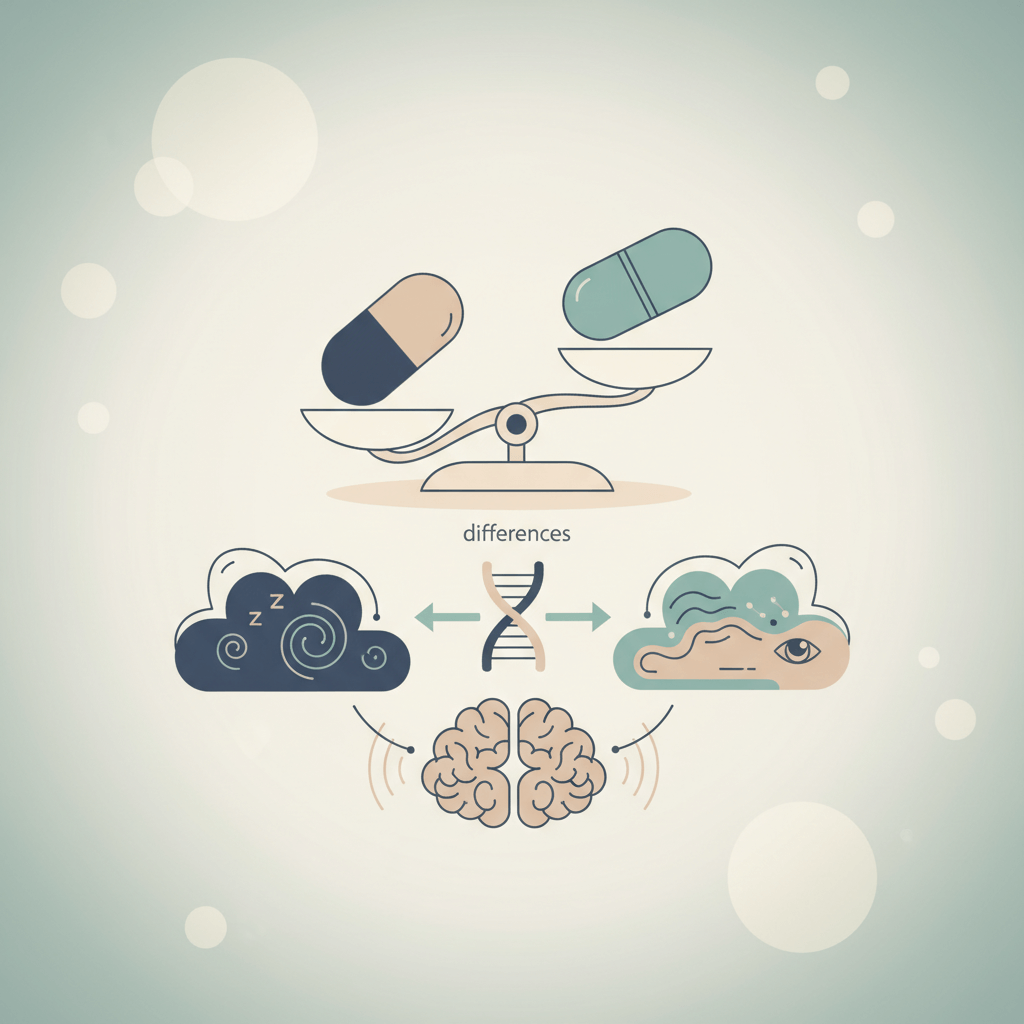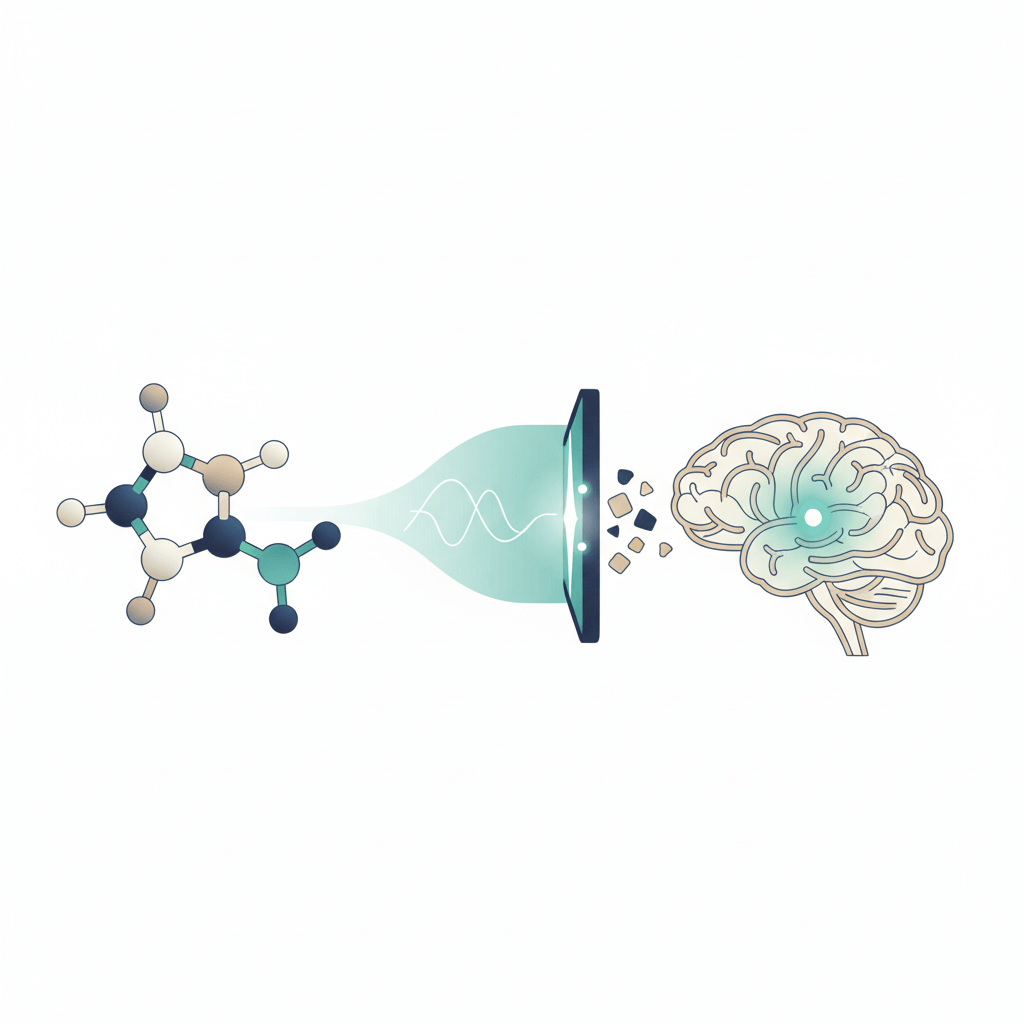Gambling Addiction and Mental Health
Gambling addiction is a complex issue that not only affects a person's financial well-being but also has significant consequences on mental health. Understanding the link between gambling addiction and mental health is crucial in addressing the challenges faced by individuals struggling with this condition.

Understanding Problem Gambling
Problem gambling, also known as gambling addiction or compulsive gambling, is characterized by a persistent and uncontrollable urge to gamble despite negative consequences. It is recognized as a behavioral addiction and is classified as a mental health disorder. Individuals with problem gambling may experience intense cravings to gamble, have difficulty controlling their gambling behavior, and continue gambling even when it causes significant distress in their lives.
Exploring the Impact on Mental Health
The impact of problem gambling on mental health can be profound, affecting various aspects of a person's psychological well-being. Some of the mental health consequences commonly associated with problem gambling include:
Anxiety and Depression
Problem gambling is often linked to increased levels of anxiety and depression. The stress and financial strain caused by gambling-related issues can lead to feelings of hopelessness, guilt, and despair. Furthermore, the cycle of gambling, losing money, and chasing losses can exacerbate these negative emotions, creating a vicious cycle of gambling and emotional distress.
Stress and Emotional Distress
Problem gambling can significantly contribute to high levels of stress and emotional distress. The constant preoccupation with gambling, the financial burden, and the impact on personal relationships can create a tremendous amount of pressure and emotional strain. This chronic stress can lead to a range of emotional and physical health problems, including sleep disturbances, irritability, and even substance abuse as a coping mechanism.
Self-Esteem and Identity Issues
For individuals struggling with problem gambling, their self-esteem and sense of identity often suffer. The shame and guilt associated with their gambling behavior can erode their self-worth, leading to feelings of self-doubt and self-criticism. The negative consequences of problem gambling, such as financial difficulties and damaged relationships, can further contribute to a diminished sense of self and identity.
Understanding the mental health consequences of problem gambling is essential in providing appropriate support and treatment for those affected. Recognizing gambling addiction as a mental health disorder is a crucial step in addressing the unique challenges faced by individuals dealing with this condition.

Psychological Consequences of Problem Gambling
Problem gambling can have profound effects on an individual's mental health. The psychological consequences of this addiction can manifest in various ways, including anxiety and depression, stress and emotional distress, as well as self-esteem and identity issues.
Anxiety and Depression
One of the most common psychological consequences of problem gambling is the development or exacerbation of anxiety and depression. The stress and financial strain associated with gambling can lead to overwhelming feelings of worry, fear, and sadness. Individuals may experience constant anxiety about their financial situation, the consequences of their actions, or the inability to stop gambling. The shame and guilt associated with their behavior can contribute to the development of depressive symptoms. It is important to recognize that gambling addiction and mental health are closely intertwined.
Stress and Emotional Distress
Problem gambling often brings about significant stress and emotional distress. Individuals may feel overwhelmed by the financial implications of their gambling behavior, leading to high levels of stress and tension. This stress can extend beyond financial matters and permeate various aspects of their life, including relationships, work, and personal well-being. The constant preoccupation with gambling, financial losses, and attempts to recoup losses can contribute to emotional turmoil. It is crucial to recognize the signs and symptoms of problem gambling to intervene and seek help promptly.
Self-Esteem and Identity Issues
Problem gambling can also significantly impact an individual's self-esteem and identity. As the addiction progresses, individuals may experience a loss of self-worth and self-confidence. The consequences of their gambling behavior, such as financial difficulties or strained relationships, can lead to feelings of shame, guilt, and embarrassment. This erosion of self-esteem can further exacerbate the cycle of addictive behavior, as individuals may turn to gambling as a way to escape or cope with negative emotions. Seeking support and treatment can help individuals rebuild their self-esteem and regain a sense of identity separate from their addiction.
Understanding the psychological consequences of problem gambling is crucial in addressing the complex relationship between gambling addiction and mental health. By recognizing the impact on anxiety, depression, stress, emotional distress, self-esteem, and identity, individuals can seek the necessary help and support to overcome their addiction and work towards a healthier and happier life. It is essential to explore treatment options and resources available to individuals struggling with problem gambling, and to emphasize the importance of mental health support throughout the recovery process.
Cognitive Consequences of Problem Gambling
Problem gambling not only takes a toll on an individual's financial and social well-being but can also have significant cognitive consequences. These consequences can impact various aspects of a person's thinking and decision-making abilities, exacerbating the negative effects of gambling addiction.
Impaired Decision-Making and Judgment
One of the cognitive consequences of problem gambling is the impairment of decision-making and judgment abilities. Gambling addiction can cloud a person's ability to make rational choices, leading to impulsive and risky behavior. The allure of potential winnings may override logical thinking, causing individuals to make poor decisions that worsen their financial situation and contribute to a vicious cycle of gambling.
The impaired decision-making and judgment associated with problem gambling can have far-reaching consequences, extending beyond the gambling environment itself. It can affect an individual's ability to make sound decisions in other areas of life, such as relationships, work, and personal finances. Recognizing the signs of problem gambling, such as chasing losses or being preoccupied with gambling, is crucial in seeking appropriate help.
Distorted Thinking Patterns
Problem gambling often leads to distorted thinking patterns, where individuals develop irrational beliefs and cognitive biases related to their gambling behavior. These distorted thoughts can perpetuate the addiction and make it challenging to break free from the cycle of gambling.
Common cognitive distortions associated with problem gambling include:
- Illusion of control: Individuals may believe that they have control over the outcome of their gambling activities, leading to an inflated sense of confidence and an increased likelihood of making risky bets.
- Superstition: Some problem gamblers may develop superstitious beliefs and rituals, attributing wins or losses to external factors such as lucky charms or specific behaviors.
- Gambler's fallacy: This cognitive bias involves the mistaken belief that previous outcomes of gambling events influence future outcomes. For example, a person may believe that after a series of losses, a win is more likely to occur soon.
Understanding and challenging these distorted thinking patterns is an essential step in overcoming problem gambling and addressing its impact on mental health. Explore the connection between gambling addiction and anxiety/depression to learn more about the relationship between gambling addiction and mental health disorders.
Obsessive Thoughts and Preoccupation
Problem gambling often leads to obsessive thoughts and preoccupation with gambling. The constant urge to gamble can consume an individual's thoughts, making it difficult to focus on other aspects of life. The preoccupation with gambling can be distressing and disrupt daily functioning, leading to increased stress and anxiety.
These obsessive thoughts can create a feedback loop where the desire to gamble becomes more intense, increasing the risk of compulsive gambling behavior. Breaking free from this cycle requires professional help and a supportive network. Treatment options and resources are available to provide guidance and support in overcoming problem gambling. Discover more about the importance of mental health support in addressing gambling addiction and its impact on mental well-being.
Understanding the cognitive consequences of problem gambling is crucial in comprehending the full scope of its impact on mental health. By recognizing the impaired decision-making and judgment, distorted thinking patterns, and obsessive thoughts associated with problem gambling, individuals can take the necessary steps to seek help and regain control of their lives.
Social and Interpersonal Consequences of Problem Gambling
Problem gambling not only takes a toll on an individual's mental health but also has significant social and interpersonal consequences. In this section, we will explore the effects of problem gambling on relationship strain and breakdown, isolation and loneliness, as well as financial and legal issues.
Relationship Strain and Breakdown
Problem gambling can put a tremendous strain on relationships, including those with partners, family members, and friends. The consequences of gambling addiction, such as financial difficulties and emotional turmoil, can lead to conflicts and trust issues. Loved ones may feel betrayed, deceived, or burdened by the consequences of the addiction.
Over time, the strain caused by problem gambling can lead to the breakdown of relationships. The constant cycle of lies, financial instability, and emotional distress can become overwhelming for both the individual with the gambling addiction and their loved ones. It is not uncommon for relationships to reach a breaking point, leaving individuals feeling isolated and alone.
Isolation and Loneliness
Problem gambling often leads to social isolation and feelings of loneliness. As the addiction progresses, individuals may withdraw from social activities, hobbies, and even close relationships due to the shame, guilt, and embarrassment associated with their behavior. They may also fear judgment or rejection from others, further exacerbating their feelings of isolation.
Isolation and loneliness can have a detrimental impact on mental health, exacerbating symptoms of anxiety and depression. It can create a vicious cycle where individuals turn to gambling as a means of escape or distraction from their emotional pain, perpetuating the addiction and deepening their social isolation.
Financial and Legal Issues
One of the most tangible consequences of problem gambling is the financial and legal impact it can have on individuals and their families. Gambling addiction can lead to significant financial losses, often resulting in mounting debts, bankruptcy, and even the loss of assets and property. These financial hardships can have a ripple effect, affecting not only the individual but also their loved ones.
Moreover, problem gambling can also lead to legal issues. In the pursuit of funding their addiction, individuals may resort to illegal activities such as theft, fraud, or embezzlement. This can result in criminal charges, legal battles, and a tarnished reputation, further compounding the overall consequences of the addiction.
Recognizing the social and interpersonal consequences of problem gambling is crucial in understanding the full impact it can have on individuals and their relationships. It is essential for individuals struggling with gambling addiction to seek help and support, not only to address their mental health but also to rebuild and repair their social connections.
Seeking Help and Support
When it comes to addressing problem gambling and its impact on mental health, seeking help and support is crucial. Recognizing the signs of problem gambling, understanding available treatment options and resources, and recognizing the importance of mental health support are essential steps in the recovery process.
Recognizing the Signs of Problem Gambling
Being able to identify the signs of problem gambling is an important first step towards seeking help. Some common signs and symptoms of gambling addiction include:
- Preoccupation with gambling: Constantly thinking about gambling and planning the next gambling session.
- Inability to control gambling: Being unable to limit or stop gambling, even when faced with negative consequences.
- Increasing bets and risks: Needing to place larger bets or take greater risks to experience the same level of excitement.
- Neglecting responsibilities: Neglecting work, school, relationships, or other important responsibilities due to gambling.
- Chasing losses: Attempting to recover previous gambling losses by continuing to gamble.
- Lying and hiding: Trying to conceal the extent of gambling activities from family, friends, or loved ones.
- Borrowing money or stealing: Resorting to borrowing money, selling possessions, or even stealing to fund gambling habits.
If you or someone you know is experiencing these signs, it may be indicative of a gambling problem.
Treatment Options and Resources
Fortunately, there are various treatment options and resources available for individuals struggling with problem gambling. Seeking professional help is highly recommended to address the underlying issues and develop effective coping strategies. Some common treatment options include:
- Therapy: Individual therapy, such as cognitive-behavioral therapy (CBT), can help individuals explore the triggers and thought patterns associated with gambling addiction. It can assist in developing healthier coping mechanisms and improving decision-making skills.
- Support groups: Joining support groups, such as Gamblers Anonymous, provides a safe and understanding environment to share experiences, gain support, and learn from others facing similar challenges.
- Self-help resources: Utilizing self-help resources, such as books, online courses, and educational materials, can provide valuable insights and guidance for overcoming gambling addiction.
- Helplines and hotlines: Contacting helplines and hotlines specific to gambling addiction can offer immediate support, guidance, and referrals to appropriate resources.
Importance of Mental Health Support
Recognizing the importance of mental health support throughout the recovery journey is vital. Problem gambling often coexists with other mental health conditions, such as anxiety and depression. Seeking professional help from mental health professionals who specialize in addiction and gambling-related issues can provide comprehensive support for both the gambling addiction and associated mental health concerns.
In addition to professional help, building a strong support network of family and friends who understand and empathize with the challenges of problem gambling can be invaluable. Open communication, understanding, and encouragement can create a positive environment that aids in the recovery process.
Remember, seeking help is a sign of strength, and recovery from problem gambling is possible with the right support and resources. If you or someone you know is struggling with problem gambling, reach out for help and take the first step towards a healthier and happier life.
Conclusion
Gambling addiction is a serious mental health issue that can have a profound impact on a person's life. While the causes of gambling addiction are complex, there is a clear link between gambling addiction and mental health. If you or someone you know is struggling with gambling addiction or mental health issues, it is important to seek help as soon as possible. With the right treatment and support, it is possible to overcome gambling addiction and regain control of your life.
Sources:
- National Council on Problem Gambling: https://www.ncpgambling.org/
- American Psychiatric Association: https://www.psychiatry.org/patients-families/gambling-disorder
- Mayo Clinic: https://www.mayoclinic.org/diseases-conditions/compulsive-gambling/symptoms-causes/syc-20355178













